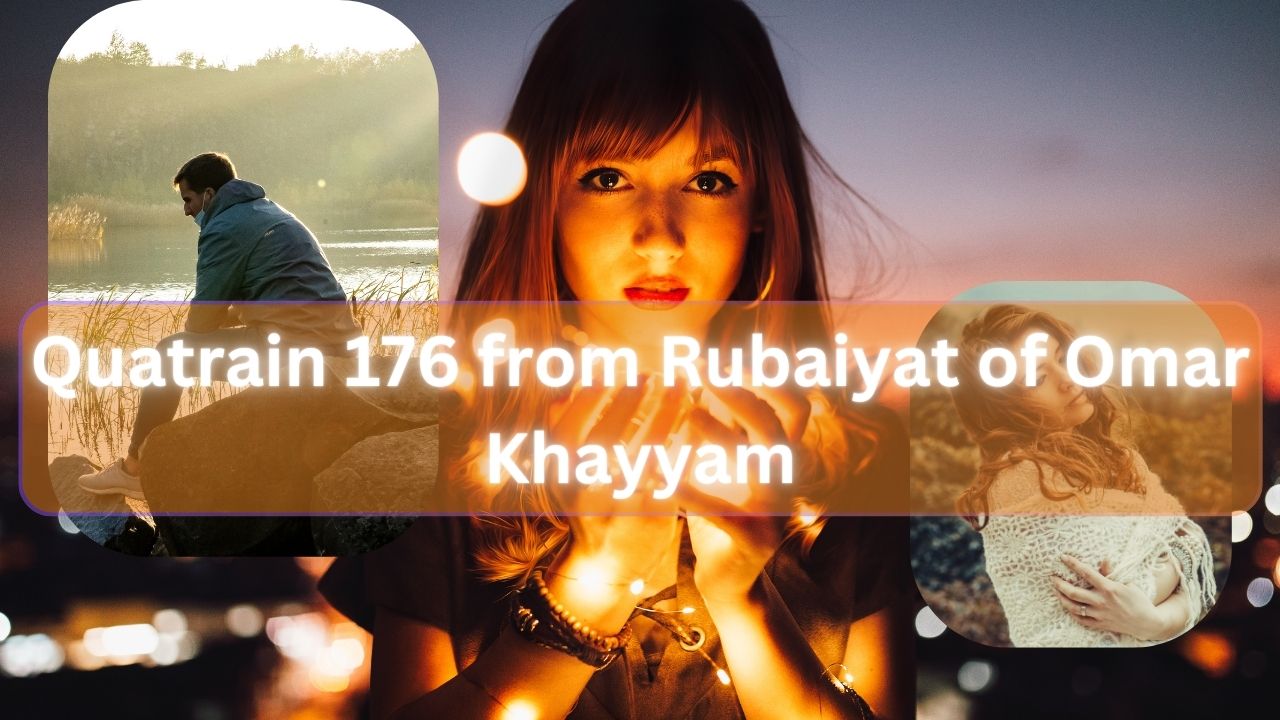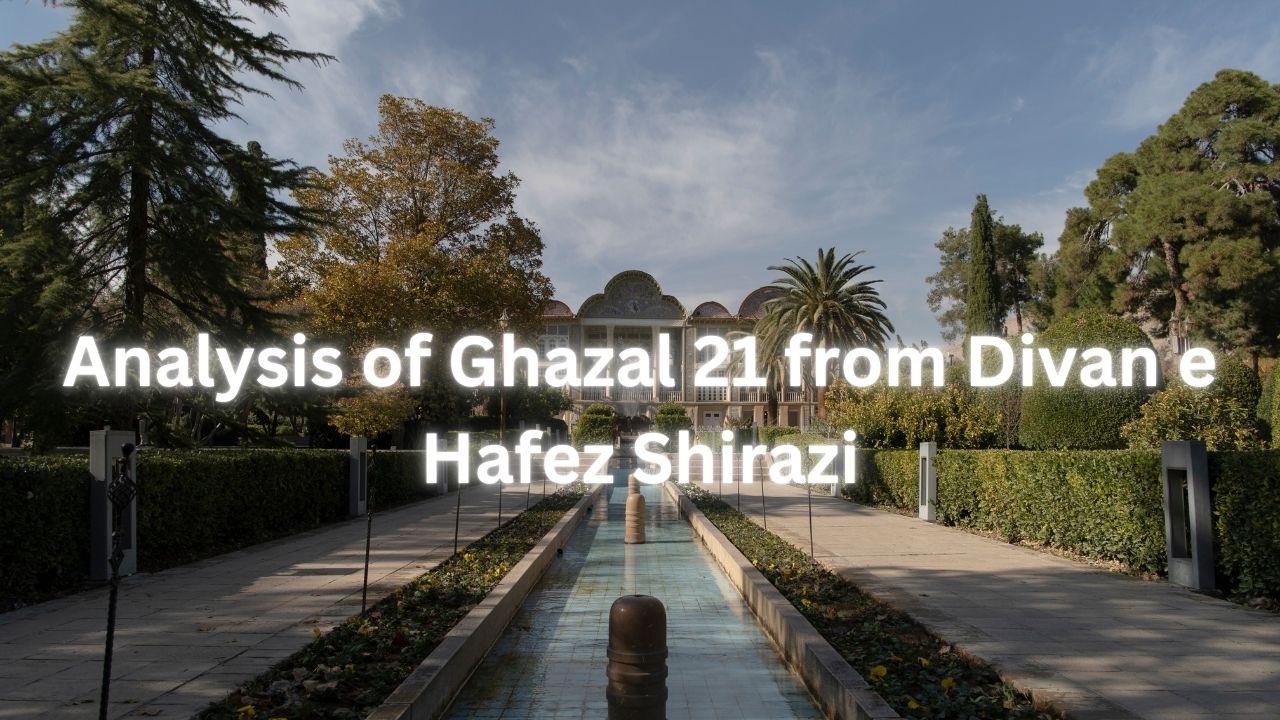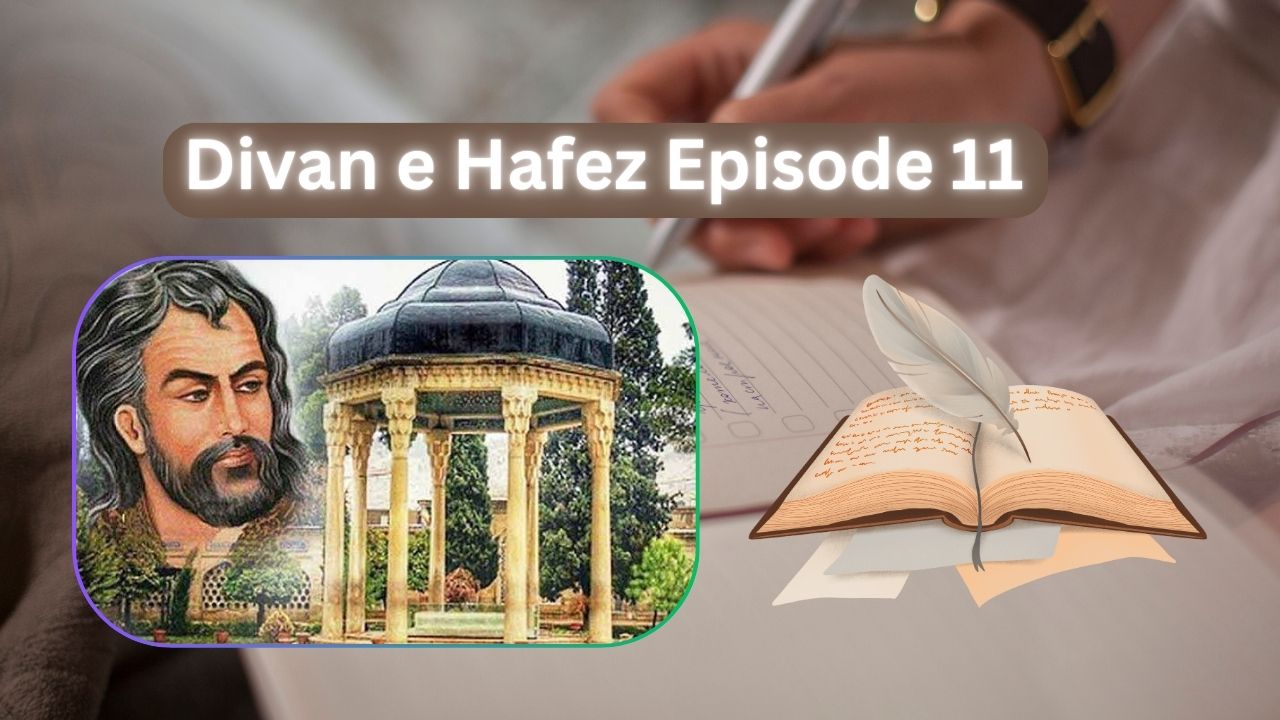The world, it seems, is an indifferent stage where justice often plays a minor role. This sobering reality has stirred contemplation and sorrow among thoughtful minds throughout history. In this exploration, we turn our gaze towards Robaei 176 from Omar Khayyam's renowned Rubaiyat. By examining the original Persian verse, its English translation, and offering a brief analysis, we hope to illuminate the timeless wisdom and poignant reflections encapsulated within this remarkable quatrain.
گر کار فلک به عدل سنجیده بُدی
احوال فلک جمله پسندیده بدی
ور عدل بدی به کارها در گردون
کی خاطر اهل فضل رنجیده بُدی؟
English Translation:
If the work of the heavens were weighed in justice,
Then the conditions of the heavens would all be pleasing.
And if justice were the order of things in the sky,
Then the hearts of the learned would never be grieved.
This is a beautiful rubaei by Omar Khayyám that in simple words shows the true nature of our world. His observation is as true as it was centuries ago: This world is full of injustice and this makes wise people to grieve.
Analysis of the Rubai
Omar Khayyám’s quatrain is a profound meditation on the complexities of existence, centering on the themes of justice, wisdom, and human suffering.
At its core, the poem poses a philosophical inquiry into the nature of cosmic order. Khayyám questions whether the celestial bodies, often seen as symbols of divine law, adhere to principles of fairness. This interrogation of cosmic justice implies a critique of earthly inequities, suggesting that the imbalances witnessed on Earth may mirror larger, incomprehensible cosmic imbalances.
The poet further accentuates the human condition by highlighting the paradoxical suffering of the wise. This observation challenges the conventional notion that knowledge and wisdom are inherently accompanied by peace and contentment. Instead, Khayyám implies that a deep understanding of the world's imperfections can be a source of profound sorrow.
Ultimately, the rubai reveals a yearning for a just and equitable world. While the poem doesn’t offer definitive answers, it serves as a powerful reminder of humanity’s enduring pursuit of justice and its persistent disillusionment with the status quo.
Deeper Meanings and Interpretations
Omar Khayyám’s quatrain goes into profound philosophical and existential questions. At its heart lies an exploration of the age-old problem of evil. Why do the innocent suffer? Why does injustice prevail? The poet's inquiry into cosmic justice can be seen as a broader search for meaning and purpose in a seemingly chaotic universe.
By questioning the fairness of the celestial order, Khayyám indirectly highlights the human condition. The rubaei suggests that suffering and injustice are inherent parts of the human experience, a reality that has perplexed thinkers for centuries. The poem invites readers to contemplate their own place in this complex world and to grapple with the enduring questions about the nature of existence and the pursuit of justice.
Possible Interpretations and Questions
Omar Khayyám’s concise and evocative language invites multiple interpretations. A central question revolves around the poet’s meaning of "the work of the heavens." Does this phrase refer to a predetermined fate, or does it symbolize a more general cosmic order?
Similarly, the concept of "justice" in the poem is open to interpretation. Is it grounded in human notions of fairness and equity, or does it suggest a higher, perhaps unattainable, cosmic justice?
The role of the "learned" in the quatrain also warrants exploration. Do they represent a specific social class, or do they symbolize a broader intellectual or spiritual elite? Understanding this nuance can deepen our comprehension of the poem's message.
Conclusion
Omar Khayyám’s Robaei 176 is a testament to the enduring power of poetry to capture the complexities of the human experience. Through its concise yet profound exploration of justice, suffering, and the search for meaning, the quatrain invites readers into a timeless dialogue about the nature of existence. By examining the poet's careful word choice and imagery, we glimpse the depth of his philosophical contemplation and his acute awareness of the world's imperfections. This rubai continues to resonate with readers centuries later, serving as a poignant reminder of the enduring questions that have preoccupied humanity throughout history.





